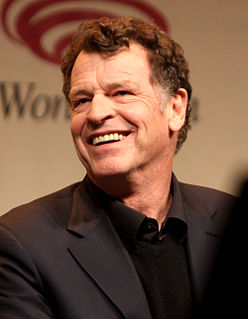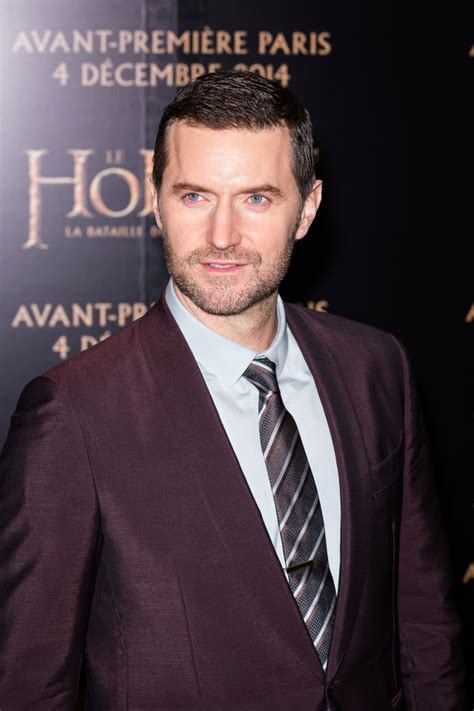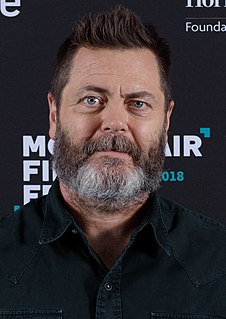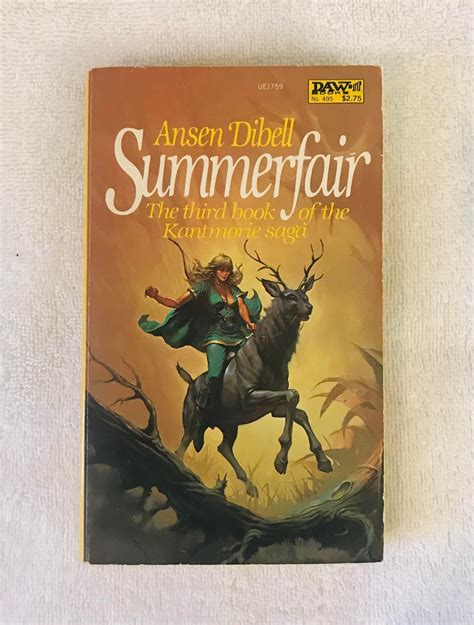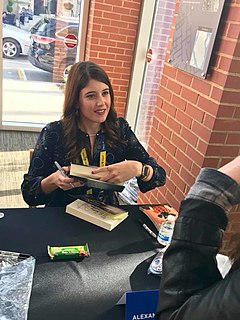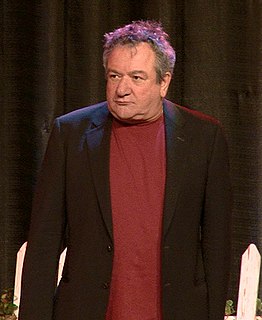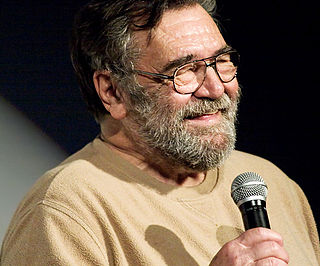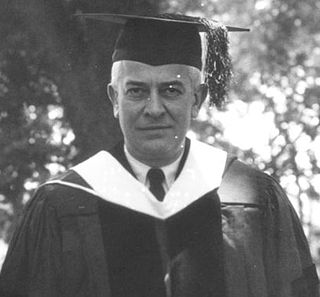A Quote by John Noble
Lord Of The Rings fandom was massive, worldwide, entrenched. Generally it had been part of the fans' life all their life, because they had it read to them as children; they'd become Tolkien students.
Related Quotes
When Peter Jackson did The Lord of the Rings trilogy with Fellowship of the Ring, not everyone had read Tolkien, and yet somehow with that scope and the spectacle of that fantasy, people were willing to give it a shot. And when they watched the first one, the characters drew them in and they started understanding the story. And then, all of a sudden, they were The Lord of the Rings fans, even if they never read Tolkien.
Ruling is hard. This was maybe my answer to Tolkien, whom, as much as I admire him, I do quibble with. Lord of the Rings had a very medieval philosophy: that if the king was a good man, the land would prosper. We look at real history and it's not that simple... Real-life kings had real-life problems to deal with... My people who are trying to rule don't have an easy time of it. Just having good intentions doesn't make you a wise king.
Tolkien, who created this marvellous vehicle, doesn't go anywhere in it. He just sits where he is. What I mean by that is that he always seems to be looking backwards, to a greater and more golden past; and what's more he doesn't allow girls or women any important part in the story at all. Life is bigger and more interesting than The Lord of the Rings thinks it is.
When I was a kid, I lived in this small town way out in the country. We had three TV channels and one radio station. I couldn't even get my hands on good comic books. My aunt, who is a librarian, gave me Tolkien's "The Lord of the Rings," Laura Ingalls Wilder's "Little House on the Prairie," and Lewis's "The Chronicles of Narnia." They were such incredible treasures to have in my somewhat mundane country life.
J.R.R.Tolkien has confessed that about a third of the way through The Fellowship of the Ring, some ruffian named Strider confronted the hobbits in an inn, and Tolkien was in despair. He didn't know who Strider was, where the book was going, or what to write next. Strider turns out to be no lesser person than Aragorn, the unrecognized and uncrowned king of all the forces of good, whose restoration to rule is, along with the destruction of the evil ring, the engine that moves the plot of the whole massive trilogy, The Lord of the Rings.
From an early age she had developed the art of being alone and generally preferred her own company to anyone else’s. She read books at enormous speed and judged them entirely on her ability to remove her from her material surroundings. In almost all the unhappiest days of her life she had been able to escape from her own inner world by living temporarily in someone else’s, and on the two or three occasions that she had been too upset to concentrate she had been desolate.
